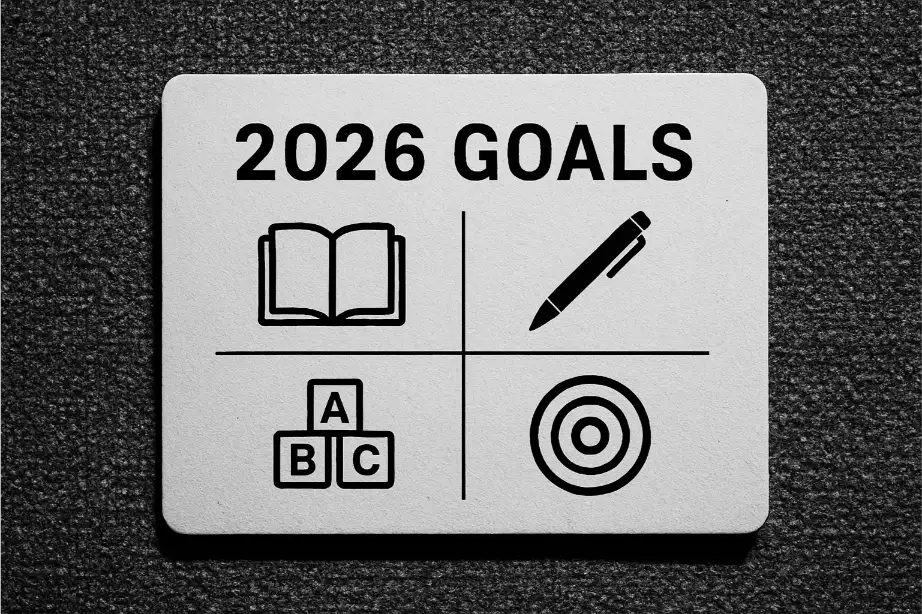We’ve all had those “Why did I say that?!” moments mid-conversation. But in the LC Polish oral exam, small slip-ups can cost big marks. The good news? Most mistakes are easy to avoid once you know the traps. Let’s tackle the top pitfalls and turn your nerves into confidence!
One common misstep is falling into the one-word answer trap. It’s tempting to respond with a quick Tak or Nie, but this approach screams I’m unprepared! and wastes your chance to shine. Instead, layer your answers with vivid details. For example, if asked, Czy lubisz gotować?, you could say: „Tak, uwielbiam! W weekendy piekę ciasta z moją babcią – to nasza rodzinna tradycja.” These extra snippets not only prove your fluency but also make your responses memorable and engaging for Leaving Certificate examiners.
Grammar gremlins are another sneaky hurdle. Mixing up verb tenses (robiłem vs będę robić) or noun cases (z moim bratem instead of z mój brat) can make you sound unsure. Don’t worry—it’s totally normal! Focus on mastering high-impact grammar, like a few key verbs in past and future tenses, and common cases such as z + instrumental. If you’re stuck, pause briefly to gather your thoughts. A moment of silence is far better than a glaring error, and LC examiners appreciate thoughtful, deliberate answers.
Another pitfall is sounding like a robot reciting a script. Memorised paragraphs might feel safe, but examiners crave authenticity. Ditch the rigid rehearsals and opt for flexible phrases instead. For instance, prepare go-to starters like „Moim zdaniem…” (In my opinion…) or „Zauważyłem, że…” (I’ve noticed that…), and pair them with topic-specific vocabulary. This way, you’ll sound natural and adaptable, not like a walking textbook—something the LC oral exam specifically rewards.
Ever feel like your answers jump around like a startled rabbit? Choppy chat syndrome strikes when ideas lack connectors, leaving the examiner scrambling to follow your train of thought. Polish “glue words” like :„Dodatkowo…” (Additionally…), „Na przykład…” (For instance…), or „Mimo że…” (Even though…) can smooth out your speech.
Finally, don’t let nerves steal the spotlight. Mumbling, avoiding eye contact, or rushing through answers can overshadow your hard work. Here’s the fix: fake confidence until it feels real! Sit up straight, smile, and imagine you’re chatting with a friend about your weekend plans. Slow down, breathe, and remember—clarity always trumps speed.
For last-minute prep, practise out loud daily, even if it’s to your pet goldfish or a mirror. Record yourself to spot filler words like „eee” or tricky pronunciation (szczęście, we see you!).
By sidestepping these traps, you’ll walk into that exam room ready to charm, chat, and conquer. Remember: the examiner wants you to succeed. Take a deep breath, flash a grin, and let your Polish shine. You’ve got this!
Tips for Polish Language Learners








8 responses
What is the format for the LC Polish Oral Exam. Do l have to bring in anything with me
LC Polish Oral Exam is a formal state exam, even though the tone is friendly and student-focused. It lasts about 15 minutes and involves a conversation where the student talks about themselves, answers spontaneous questions, and discusses a few texts or reflections from their Language Portfolio. The examiner will usually touch on three main themes: me and my life, where I live, and my future plans. I always encourage my students to bring their Language Portfolio to the Polish oral exam. Currently, it’s not marked directly, but it can really help guide the conversation and boost your confidence. Even just having something familiar to refer to like a favourite text or reflection often makes students feel more at ease.
What are some effective ways to expand short answers into more detailed responses during the oral exam?
Thank you for your question! When you need to expand your answers during the oral exam, try to explain why you think something is true, using phrases like “because” (bo), “this is why” (dlatego), or “for example” (na przykład). Try to give examples from your life, such as “For instance, when I was on holiday…” (Na przykład, kiedy byłem na wakacjach…) or “One time, I…” (Pewnego razu, kiedy…). To make my answers longer, you compare things, using expressions like “I prefer…” (Wolę…) or “It’s better than…” (Jest lepsze niż…). Try to add more details, for example by saying “In my opinion…” (Moim zdaniem…) or “I believe that…” (Wierzę, że…). Finally, ask yourself what else you can say, like “What else can I mention?” (Co jeszcze mogę dodać?) or “How did I feel when…?” (Jak się czułem/am, kiedy…?).
Hi I am studying polish by myself because my school doesn’t offer it as an in school subject. I’m wondering if I need to do the language portfolio for the oral exam and also what do you write about and what is it meant to look like?
Hi Letycja! Thank you so much for your comment and huge admiration for the fact that you’re learning Polish completely on your own. That takes real strength and commitment, and it already puts you miles ahead. ✨ If you ever feel unsure about the language portfolio or what exactly should go into it, topics, layout, what to write, or how it’s meant to look, I’m more than happy to guide you through the whole process step by step. That’s exactly what we do inside BLITZ & GO: I break everything down for bilingual students who are preparing outside of school, so you know exactly what to submit and how to prepare for the oral part with confidence. If you’d like support, come join us. I’d love to help you get fully ready. ✨
Is the portfolio a book, folder, poster, etc? I don’t know how to start it.
Hi Lilja, Great question! Your portfolio doesn’t have to follow one fixed format; it can be a book, a digital folder, or even a visual document. What matters most is that it clearly shows your work, progress and the themes required for the exam. To get started, pick a format that feels easiest for you to maintain. Then begin by gathering the texts, answers and materials you’ve already created, you’ll be surprised how much you have once everything is in one place. I’ll be sharing more tips soon, so keep an eye out, you’re on the right track!